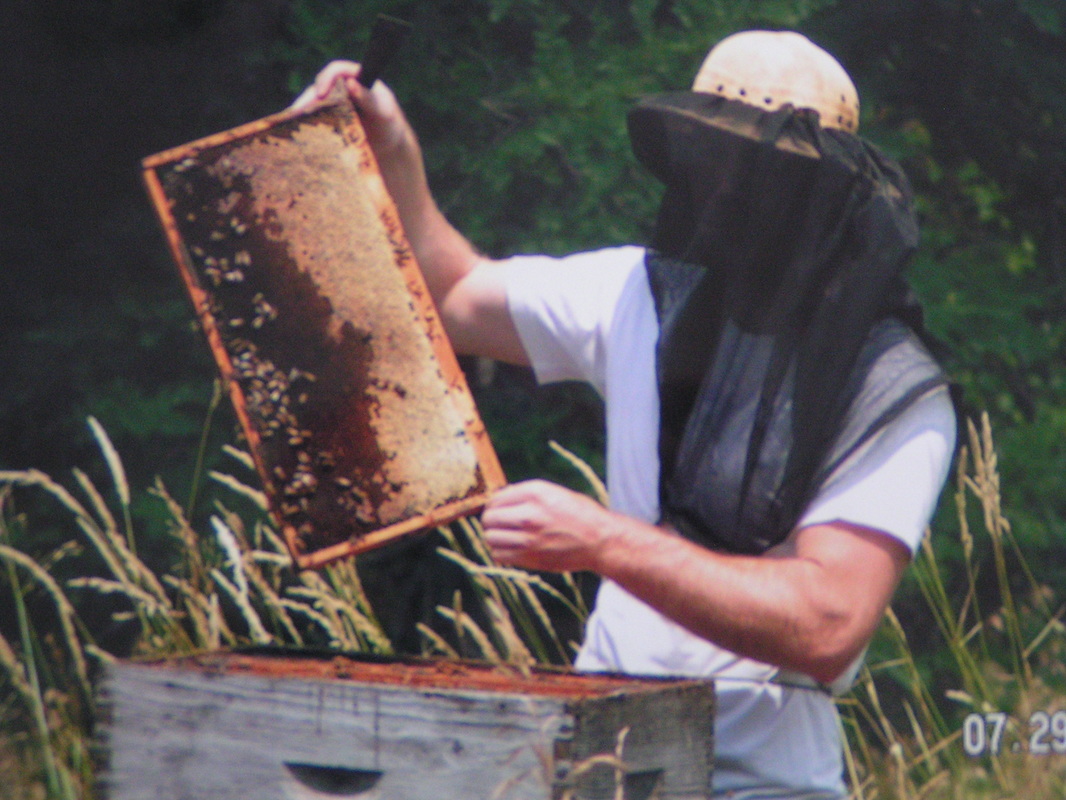Dr. Bateson was particularly interested in figuring out whether bees have emotions, so she decided to test them. Whether insects have emotions is a controversial subject, and a difficult one to study since bees cannot tell you if they are sad, etc… as a human can (even though they seem to show when they are angry pretty easily).
The study they conducted looked to see what honeybees do when their hive is shaken. Shaking a hive simulates a predatory attack, like that of a honeybadger or bear looking for its next meal.
It seems that after being shaken for 60 seconds, honeybees consider any subsequent ambiguous stimulation as another attack, or punishment. Honeybees expect that any further stimulation is more bad news for the colony, demonstrating this by their behavior and even chemically. Shaken bees have lower levels of key neurotransmitters used for learning and memory – dopamine, octopamine, and serotonin. In humans, lower levels of dopamine are believed to be associated with reduced motor control, concentration, and cognition.
The study is fascinating as it might provide evidence that honeybees have something some might consider an emotion (others might consider it just a reaction). At the least, it shows an invertebrate that has a similar reaction – both chemically and behaviorally – as seen in humans.
What struck me most is how this is how the part of a survival instinct that cause honeybees seem to act just like many investors do when something bad news comes out about one of the stocks he or she owns."
What Investors Can Learn From Honeybees
David Maris

 RSS Feed
RSS Feed
